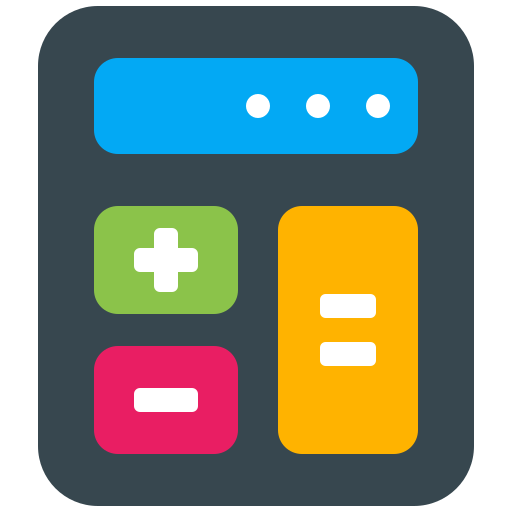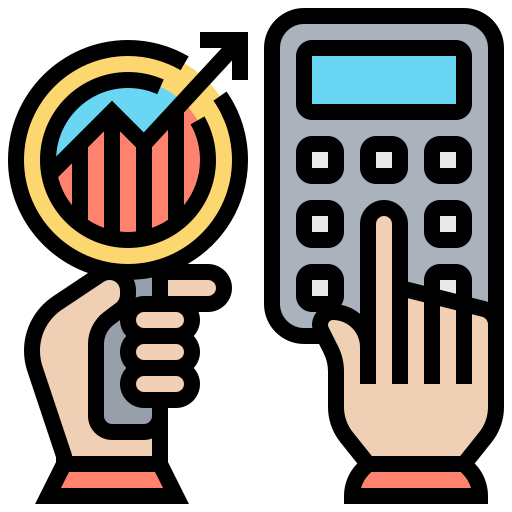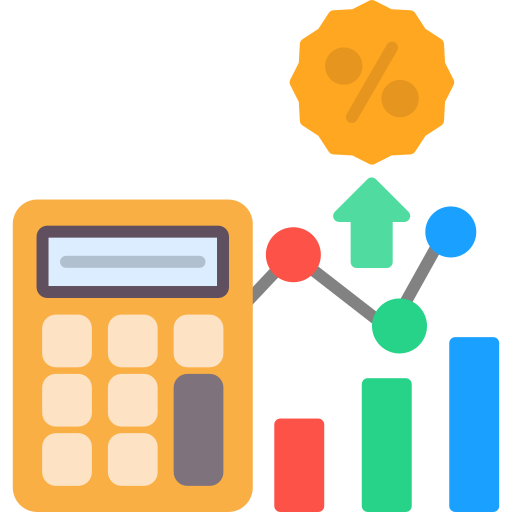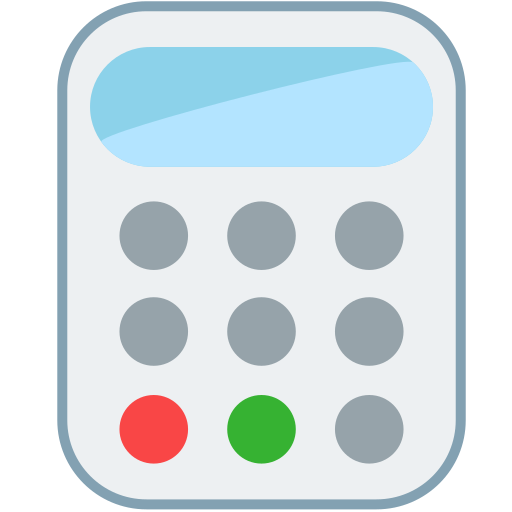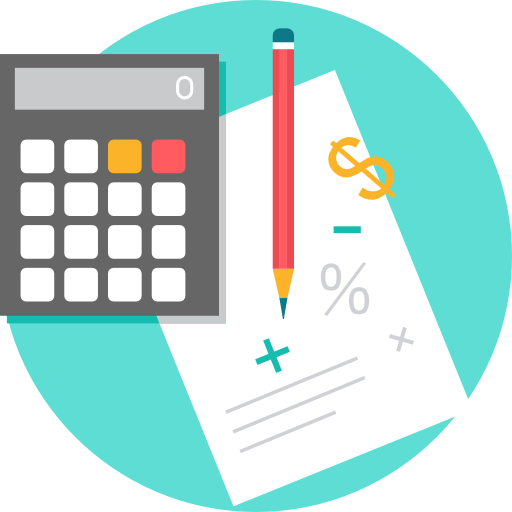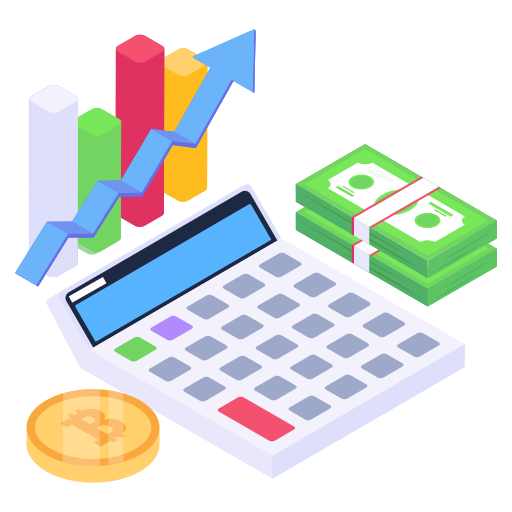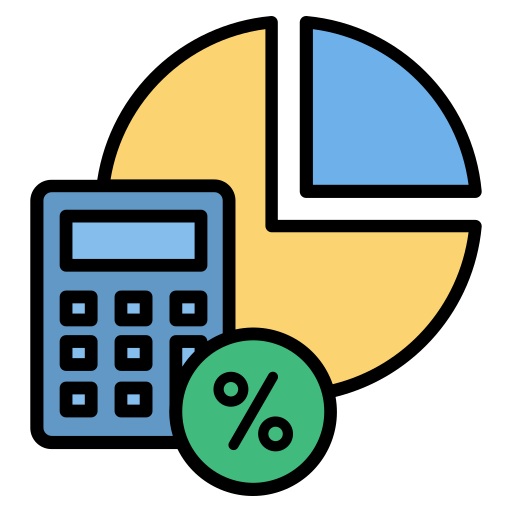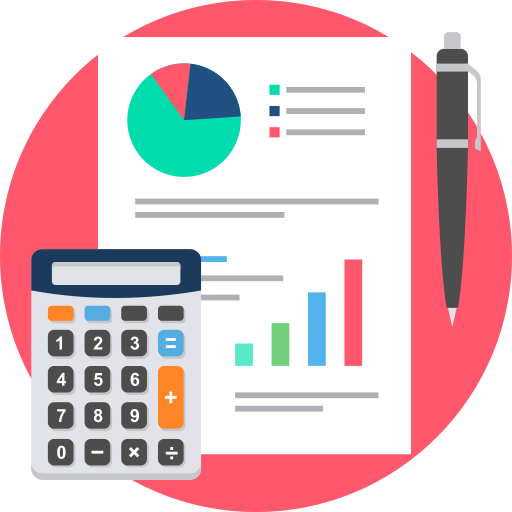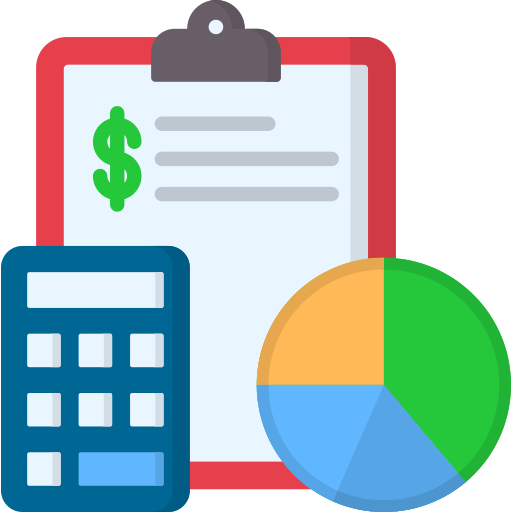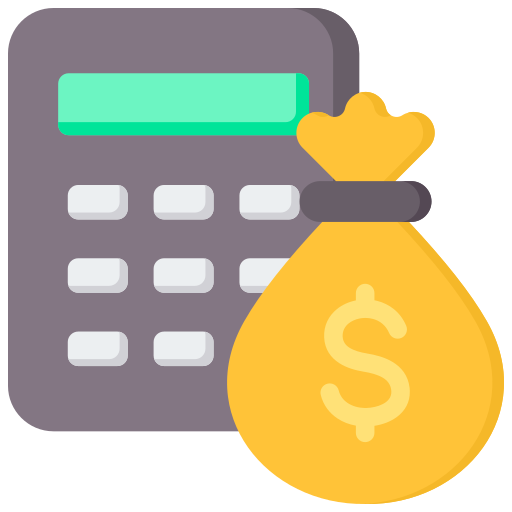Top Mobile Banking Platforms in Bangladesh ✔
Due to the rapid development of mobile banking services in Bangladesh, the financial sector has brought many changes. Due to the improved internet connectivity readily available on smartphones, mobile banking has become an integral part of the country's finances.
A few mobile banking services have emerged as leading players in this sector in 2023. This has resulted in providing convenience, security and comprehensive features to the users. This article discusses the top 10 mobile banking services in Bangladesh.
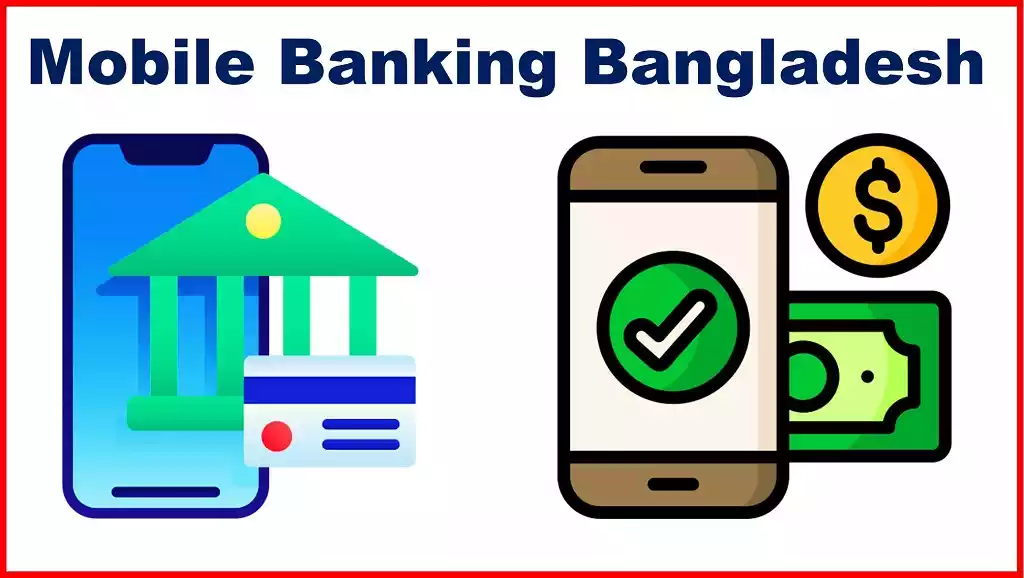
What is Mobile Banking?
Mobile banking, often referred to as "m-banking" or "mobile financial services," is a technology-driven banking service that allows individuals to perform various financial transactions and activities using their mobile devices, such as smartphones and tablets.
It leverages mobile communication networks and technology to provide convenient and accessible banking services to users without the need for them to physically visit a bank branch.
Mobile banking offers a wide range of financial services and transactions, including:| Mobile Banking | Services & Transactions |
|---|---|
| Account Management | Users can check their account balances, view transaction history, and monitor their account activities in real-time. |
| Fund Transfers | Mobile banking enables users to transfer funds between their own accounts or to other individuals' accounts within the same bank or across different banks. This includes person-to-person (P2P) transfers and remittances. |
| Bill Payments | Users can pay bills, utilities, and other services directly through their mobile devices, making it more convenient and efficient. |
| Mobile Wallets | Many mobile banking systems provide the option to create and manage digital wallets, which can store funds and be used for various payments, including retail purchases. |
| Mobile Recharge | Users can recharge mobile phone airtime and data plans directly from their mobile banking accounts. |
| Loan Applications | Some mobile banking platforms offer the ability to apply for loans, credit, or other financial products using the mobile app. |
| Investment Services | Certain mobile banking apps provide access to investment services, allowing users to manage their investment portfolios and make investment decisions. |
| Alerts and Notifications | Users can set up alerts and notifications for account activities, such as receiving notifications for transactions, low balances, and account updates. |
| Balance Inquiries | Users can quickly check their account balances without the need to visit a physical branch or an ATM. |
| Security Features | Mobile banking applications often incorporate strong security measures, such as biometric authentication (fingerprint or facial recognition), two-factor authentication, and encryption, to ensure the safety of users' financial information. |
Mobile banking services in Bangladesh
Mobile banking has become increasingly popular due to its convenience, accessibility, and time-saving features. It is especially valuable for individuals who have limited access to traditional banking services or live in remote areas.
The availability of mobile banking services has transformed the way people manage their finances, offering them greater control and flexibility over their financial activities.
bKash Mobile Banking
bKash remains at the forefront of mobile banking services in Bangladesh. Launched in 2011, it has evolved into the largest and most widely used mobile financial service in the country. With an extensive network of agents and partnerships, bKash allows users to send and receive money, pay bills, top up mobile credit, and even make online purchases.
Its user-friendly interface and widespread accessibility contribute to its popularity. The dialing USSD code of bKash is *247#.
What's new in Bikash, Here's a breakdown of the terms you've mentioned:| services | bKash Mobile Banking |
|---|---|
| Send Money | Send money from Bkash to any number, instantly |
| Mobile Recharge | Recharge on any number, with best offers |
| Cash Out | Withdraw money at the country's largest network of agents and ATMs |
| Payment | Nationwide online and by scanning QR, make the fastest payment at Bikash |
| Ad Money | Add money from bank or card to Vikas, anytime |
| Pay Bills | Develop any bill on the country's largest bill payment network |
| Savings | deposit money in bank or financial institution through development app, get profit |
| Get a loan from Loan | City Bank through Bkash App instantly! |
| Bikash to Bank | Send money from Bkash to any Visa debit card or bank account anytime! |
| Remittance | Money will arrive safely in your Bkash account from abroad |
| Education Fees | Develop any fees for school, college, university or online courses |
| Microfinance | Repay savings installments to microfinance institutions through Bkash |
| Other Service | Development Donation icon |
| Donations | Develop donations to come forward to help the underprivileged |
Rocket Mobile Banking
Operated by Dutch-Bangla Bank Limited, Rocket is another prominent mobile banking service. It offers a range of services, including money transfer, bill payment, and airtime top-up. Rocket's focus on security and ease of use has contributed to its growing user base.
The service has gained significant popularity among individuals, particularly those in rural areas, due to its extensive agent network and simplified procedures. The dialing code of this mobile banking service is *322#.
Here's a breakdown of the terms you've mentioned:| Services | Rocket Mobile Banking |
|---|---|
| Customer Registration | Customers provide their personal information and necessary documents to open an account. The institution verifies the information and opens the account. |
| Cash-in (Cash Deposit) | Customers can deposit cash into their accounts through bank branches, ATMs, or partner locations. The deposited amount is added to their account balance. |
| Cash-out (Cash Withdrawal) | Customers can withdraw cash from their accounts through ATMs, bank branches, or authorized agents. The withdrawn amount is deducted from their account balance. |
| ATM Withdrawal | Customers use ATMs to withdraw cash from their accounts directly. The ATM network connects to the customer's bank to verify the transaction and dispense cash. |
| Mobile Top-up | Customers can recharge their mobile phone credits using their account balance. The institution facilitates the transfer of funds to the mobile service provider. |
| Person to Person Transfer (P2P) | Customers can transfer funds from their account to another person's account within the same institution. The institution processes the transaction and updates the account balances accordingly. |
| Bank A/C - Rocket A/C Transfer | Customers can transfer funds between their accounts in different banks, or between different types of accounts within the same bank. The institution handles the transfer and updates the relevant account balances. |
| Foreign Remittance | Customers can receive money from abroad through international remittance services. The institution collaborates with international partners to facilitate the transfer and converts currencies if necessary. |
| Salary Disbursement | Employers can disburse salaries directly to employees' accounts. The institution ensures the funds are correctly distributed to the designated accounts. |
| Balance Enquiry | Customers can check their account balance through various channels such as ATMs, mobile apps, or online banking. The institution provides real-time account balance information. |
| Bill Payment | Customers can pay their bills (utilities, credit card, loans, etc.) directly from their accounts. The institution processes the payment and updates the account balance. |
| Merchant Payment | Customers can make payments to merchants for goods and services using their accounts. The institution facilitates the payment to the merchant's account. |
| Transaction Limit | The institution sets limits on various transaction types to ensure security and compliance. Customers cannot exceed these predefined limits for specific transactions. |
| Fees & Service Charges | The institution charges fees for certain services such as transfers, withdrawals, and special requests. |
Customers are notified of these charges, and they are deducted from their account balance. This customer service flow outlines the major interactions and processes involved in managing financial transactions and services for customers.
It's important to ensure that each step is secure, user-friendly, and compliant with relevant regulations.
Nagad Mobile Banking
"Nagad," which is a mobile financial service in Bangladesh, launched by the Bangladesh Postal Department, has quickly gained traction in the mobile banking arena. With a focus on inclusiveness and financial services for all, Nagad provides users with various features, including money transfer, bill payment, mobile recharge, and e-commerce payments.
Its commitment to reaching underserved populations has earned it a spot among the top mobile banking services in the country. The dialing code of this mobile banking service is *167#.
Here's a breakdown of the terms you've mentioned:| Services | Nagad Mobile Banking |
|---|---|
| Experience Nagad | This likely refers to the overall user experience and interaction with the Nagad mobile financial service platform. |
| Send Money | Customers can use Nagad to send money to other Nagad users or recipients. |
| Transfer Money | Similar to sending money, customers can transfer funds to other Nagad users. |
| Cash Out | This feature allows Nagad users to withdraw cash from their Nagad accounts at authorized agents or cash-out points. |
| Mobile Recharge | Nagad users can recharge their mobile phone credits using their Nagad account balance. |
| EMI Payment | Nagad might offer the option for users to make payments in installments for purchases or services. |
| Donation | Users can use Nagad to make donations to charitable organizations or causes. |
| Add Money Card to Nagad | This could refer to adding funds to a Nagad account using a debit or credit card. |
| Add Money Bank to Nagad | Users can add funds to their Nagad account from their linked bank account. |
| Merchant Pay | Nagad users can make payments to merchants for products or services using their Nagad accounts |
| Cash In | This could refer to the process of depositing or adding funds to a Nagad account, similar to "Cash-in" mentioned earlier. |
| Bill Pay | Nagad users can pay their bills for utilities, services, or subscriptions using their Nagad account balance. |
| Remittance | Nagad might facilitate receiving remittances from abroad, similar to "Foreign Remittance" mentioned earlier. |
| Profit | This might relate to any potential interest or profit earned on certain Nagad account types, possibly following Islamic banking principles. |
| Nagad Islamic | This likely indicates that Nagad offers Islamic banking products or services compliant with Islamic financial principles. |
These services reflect Nagad's efforts to provide a comprehensive mobile financial service platform catering to various financial needs of its users, including transfers, payments, withdrawals, and more.
Keep in mind that specific features might vary based on the platform's updates and offerings.
SureCash Mobile Banking
SureCash offers a comprehensive range of financial services through its mobile app. Users can transfer money, pay bills, top up mobile credit, and make online purchases. SureCash stands out with its emphasis on security and its endeavor to create a seamless user experience.
Its innovative features and commitment to technological advancements have solidified its position in the competitive mobile banking landscape. The dialing code of this service is *495#.
Dutch-Bangla Bank Mobile Banking
Dutch-Bangla Bank's mobile banking service provides users with a host of convenient features, including fund transfers, bill payments, mobile top-ups, and online shopping. The service's user-centric approach and integration with the bank's other offerings contribute to its popularity.
Dutch-Bangla Bank's reputation for reliability and customer service further enhance the appeal of its mobile banking service.
Islami Bank mCash Mobile Banking
As one of the leading Islamic banks in Bangladesh, Islami Bank offers the mCash mobile banking service. Catering to both conventional and Islamic banking needs, mCash provides users with a secure platform for fund transfers, bill payments, and other financial transactions.
The service's adherence to Islamic banking principles and its commitment to technological innovation make it a notable contender in the mobile banking sector.
UCash Mobile Banking
UCash, operated by United Commercial Bank, offers a range of mobile banking services, including money transfers, bill payments, and mobile top-ups. The service's user-friendly interface and focus on convenience have contributed to its popularity among users of varying technological backgrounds.
UCash's tie-ups with various merchants and service providers enhance its utility in everyday life. The dialing code of this service is *268#.
OK Wallet Mobile Banking
Citytouch Mobile Banking
Citytouch, offered by City Bank, provides users with a wide array of banking services through their mobile devices. These services include fund transfers, bill payments, mobile recharges, and more.
Citytouch's integration with the bank's other services and its focus on enhancing the user experience have contributed to its recognition in the mobile banking landscape.
MyCash Mobile Banking
MyCash rounds off the list of the top 10 mobile banking services in Bangladesh for 2023. With a range of services that include fund transfers, bill payments, and mobile top-ups, MyCash focuses on user convenience and security.
Its accessibility and commitment to providing hassle-free financial services have helped it secure its place among the notable players in the mobile banking sector. The dialing code of this service is *259#.
List of banks and their products Mobile Banking mentioned below:| Services | Nagad Mobile Banking |
|---|---|
| Duch-Bangla Bank Limited. | Mobile-Banking |
| BRAC Bank Limited. | bKash |
| Prime Bank Limited. | EasyCash |
| Islami Bank Bangladesh Limited. | mCash |
| Trust Bank | Mobile Money |
| National Credit and Commerce Bank Limited | SureCash |
| Bank Asia Limited. | Mobile Banking |
| Dhaka Bank | SMS Banking |
| Mercantile Bank | Mobile Banking |
| AB Bank | SMS Banking |
| South East Bank | SMS Banking |
| First Security Islami Bank | SureCash |
| Bangladesh Commerce Bank | SureCash |
| Standard Bank | Mobile Banking |
| United Commerce Bank | SMS Banking |
Security Measures in Mobile Banking
Security is a critical aspect of mobile banking to ensure the protection of users' financial information and transactions.
Here are some key security measures commonly employed by mobile banking platforms:User Authentication:
Password/PIN: Users are required to set a strong password or Personal Identification Number (PIN) to access their mobile banking app. Passwords should be complex and not easily guessable.
Biometric Authentication:
Many mobile banking apps support fingerprint recognition, facial recognition, or even iris scanning as an additional layer of authentication.
Two-Factor Authentication (2FA):
Mobile banking platforms often use 2FA to add an extra layer of security. This involves requiring users to provide a second piece of information, such as a one-time code sent via SMS or generated by an authenticator app, in addition to their password/PIN.
Device Recognition:
Some apps use device recognition to identify and authenticate known devices. This helps prevent unauthorized access from unrecognized devices.
Encryption:
Data transmitted between the mobile app and the banking server is usually encrypted to prevent interception by malicious actors. This is typically done using Secure Sockets Layer (SSL) or Transport Layer Security (TLS) protocols.
Secure Development Practices:
Mobile banking apps are developed following secure coding practices to prevent vulnerabilities that could be exploited by hackers.
Regular Updates:
Regular updates to the mobile banking app help to address security vulnerabilities and stay current with the latest security features.
App Store Verification:
Users should download mobile banking apps only from trusted sources like official app stores (Apple App Store, Google Play Store) to avoid downloading malicious or counterfeit apps.
Remote Lock/Wipe:
In case a user's device is lost or stolen, some mobile banking apps offer the ability to remotely lock or wipe the app and associated data to prevent unauthorized access.
Transaction Alerts and Notifications:
Users receive real-time alerts and notifications for any transactions made from their accounts. This helps them quickly identify and report any unauthorized transactions.
Session Timeouts:
Mobile banking apps typically have session timeouts that automatically log users out after a certain period of inactivity, reducing the risk of unauthorized access if the device is left unattended.
Phishing Prevention:
Banks educate their customers about phishing scams and encourage them not to click on suspicious links or provide personal information to unknown sources.
Fraud Monitoring:
Many banks employ sophisticated fraud detection systems to monitor transactions for unusual patterns and behaviors that might indicate fraud.
Customer Education:
Banks provide education and resources to help customers understand security best practices and how to recognize potential threats. It's important for users to stay vigilant and follow recommended security practices when using mobile banking services.
This includes regularly updating their app, using strong and unique passwords, enabling available security features, and being cautious about sharing personal information.
Mobile Banking vs. Traditional Banking
Mobile banking and traditional banking are two different approaches to managing financial transactions and activities. Each has its own advantages and disadvantages, and the choice between them depends on individual preferences and needs.
Mobile Banking
Here's a comparison of mobile banking and traditional banking:| Mobile Banking Advantages | Mobile Banking Disadvantages |
|---|---|
| Convenience: Mobile banking allows users to access their accounts, perform transactions, and manage their finances from anywhere, anytime using their smartphones or tablets. | Security Concerns: Mobile banking can be susceptible to security breaches if proper security measures are not followed, though modern apps implement various security features. |
| 24/7 Access: Users can check balances, make transfers, and pay bills at any time, including outside of regular banking hours. | Limited Services: While mobile banking offers a wide range of services, some complex financial activities might still require a visit to a physical branch. |
| Speed: Transactions are often processed quickly, reducing the time it takes to complete financial activities. | Device Dependency: Mobile banking relies on the availability of a compatible device and an internet connection. |
| Remote Deposits: Some mobile banking apps allow users to deposit checks by taking photos of them using their mobile devices. | - |
| Notifications: Mobile banking apps provide real-time notifications for transactions, helping users stay informed about their account activities. | - |
| Reduced Paperwork: Many transactions can be completed electronically, reducing the need for physical paperwork. | - |
Traditional Banking
| Traditional Banking Advantages | Traditional Banking Disadvantages |
|---|---|
| In-Person Interaction: Traditional banking offers face-to-face interaction with bank staff, which can be beneficial for complex transactions, financial advice, and issue resolution. | Limited Operating Hours: Traditional banks have fixed operating hours, which may not be convenient for individuals with busy schedules. |
| Human Touch: For those who prefer personal relationships and assistance, traditional banking provides a more personalized experience. | Travel and Waiting: Visiting a bank branch often involves travel and waiting in lines, which can be time-consuming. |
| Full-Service Options: Traditional banks offer a wider array of financial services, including access to investment products, retirement planning, and specialized accounts. | Paperwork: Traditional banking transactions may require more paperwork, such as filling out forms for account activities. |
| Cash Handling: Physical branches are essential for tasks like depositing or withdrawing large amounts of cash. | Potentially Slower Transactions: Some transactions, such as fund transfers and account updates, might take longer to process in traditional banking. |
Ultimately, the choice between mobile banking and traditional banking depends on factors like your comfort with technology, the complexity of your financial needs, your preference for in-person interaction, and your access to digital devices and internet connectivity.
Many people choose a combination of both methods to take advantage of the benefits each offers.
Challenges and Limitations of Mobile Banking in bangladesh
While mobile banking has brought significant benefits to the financial landscape in Bangladesh, it also faces several challenges and limitations that need to be addressed to ensure its successful and secure implementation.
Some of the key challenges and limitations of mobile banking in Bangladesh include:- Limited Internet Connectivity: Despite improvements in internet infrastructure, many areas in Bangladesh still lack consistent and high-speed internet connectivity, which can hinder the adoption and usage of mobile banking services.
- Digital Literacy: A significant portion of the population, especially in rural areas, may have limited familiarity with smartphones, apps, and digital financial services. This lack of digital literacy can prevent them from effectively using mobile banking platforms.
- Security Concerns: Mobile banking transactions can be susceptible to security breaches, including hacking, phishing attacks, and unauthorized access. Ensuring strong security measures and educating users about safe practices is crucial.
- Device Diversity: The wide variety of mobile devices with varying capabilities and operating systems can make it challenging to develop apps that are compatible with all devices, potentially leading to user experience issues.
- Customer Support: Many users, particularly those who are less tech-savvy, may require assistance with using mobile banking apps and resolving issues. Ensuring reliable customer support is essential.
- Transaction Limits and Regulations: Mobile banking transactions in Bangladesh often have limits imposed by regulatory authorities. These limits can affect the usability of the service for larger transactions or frequent users.
- Network Congestion: During peak usage times, mobile networks can become congested, causing delays in processing transactions and accessing the mobile banking platform.
- Language Barriers: Bangladesh has a diverse linguistic landscape. Ensuring that mobile banking apps are available in various languages can improve accessibility for users across different regions.
- Transaction Charges: Some users may perceive the fees associated with mobile banking transactions as high compared to traditional banking methods, affecting their willingness to adopt the service.
- Trust and Reliability: Building trust in mobile banking services among the population is essential. Any technical glitches, service outages, or perceived unreliability can negatively impact user confidence.
- Regulatory Compliance: Mobile banking services need to comply with various regulations and guidelines set by authorities. Ensuring compliance while providing a user-friendly experience can be challenging.
- Lack of Interoperability: Different mobile banking providers might not have seamless interoperability, making it complex for users to transact across different platforms.
- Fraud and Scams: Users who are not well-versed in mobile banking might be more susceptible to scams and fraudulent activities, leading to financial losses.
- Infrastructure Limitations: Power outages and infrastructure challenges can affect the availability and usability of mobile banking services, especially in rural areas.
Addressing these challenges requires collaboration between mobile banking service providers, regulatory authorities, technology developers, and the education sector to ensure that mobile banking remains a secure, accessible, and inclusive financial tool for all segments of the population in Bangladesh.
Conclusion
The mobile banking landscape in Bangladesh continues to evolve and thrive, driven by increased smartphone adoption and improved internet connectivity. The top 10 mobile banking services listed above offer users a variety of features, from simple fund transfers to more complex financial transactions, all while prioritizing security and convenience.
As the country's financial technology ecosystem advances, these mobile banking services are likely to remain essential tools for individuals and businesses across Bangladesh.
